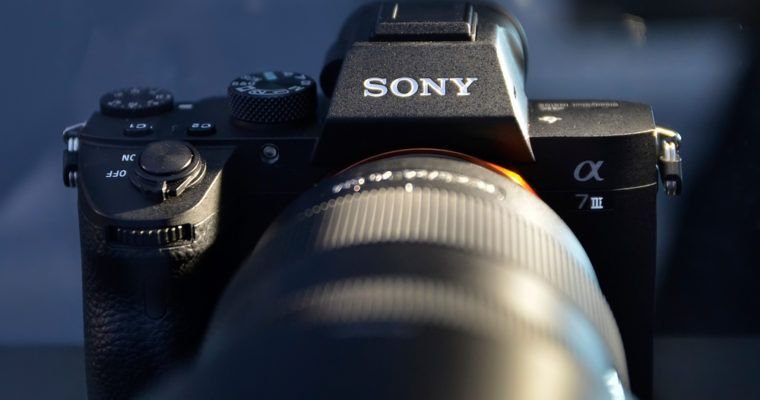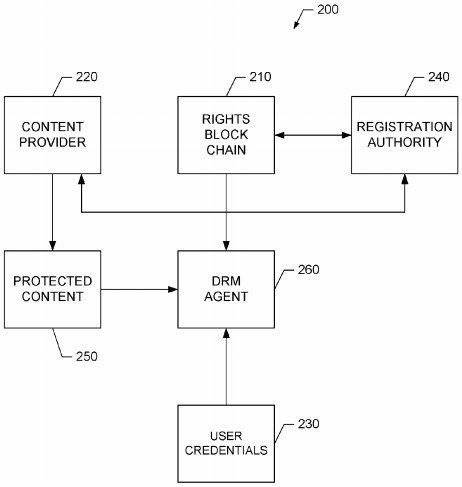Sony Files Patent for Digital Rights Storage on a Blockchain

Japan’s Sony has filed an application for a patent to store users’ digital rights data on the blockchain, and it stands to disrupt another industry.
The patent application, which was published by the US Patent & Trademark Office on April 26, has made its way to the top of the queue. It’s dubbed Blockchain-Based Digital Rights Management (DRM) and it was filed by both Tokyo-based Sony Corp and Culver City, Calif-based Sony Pictures Entertainment.
Sony, which is behind such innovation as the Walkman and virtual reality headset PlayStation VR, has set its sights on distributed ledger technology and is looking to manage and store users’ digital entitlement data on the blockchain. There are numerous possible implementations of DRM on the blockchain, but Sony breaks it down accordingly –
Sony receives a public-key fueled enrollment request
Verification process to make sure the user has the private key to match the public key
A user ID is generated via the public key
“generating and delivering the rights blockchain having a genesis block including the user identifier to the use,” according to the patent application.
Below is an image of the blockchain fueled DRM system –

Removing the Friction
Sony goes on to explain the pain point in the DRM process that the blockchain can solve, and it involves the disruption of yet another market. The way that businesses use DRM technology now is to engage a third-party vendor for a digital rights locker or other data storage methods that let users access their digital entertainment. Sony warns in the patent application:
“However, these conventional solutions may not be very reliable and rely on one unique point of failure. If the rights locker provider or system goes out of business or otherwise fails, the user loses all the acquired content.”
Sony goes on to explain how the current system stores a user’s content rights on a license that is applicable to a single user on a specified platform.
Blockchain-fueled DRM would remove the need for the third-party service provider and create a host of possibilities, erasing the friction in the process and giving Sony and its customers more control of data.
The use cases for the technology appear limitless, but Sony describes in one scenario how “content data can be for various types of content or other data, such as movies, television, video, music, audio, games, scientific data, medical data, etc.”
The user ID would then determine the rights of the customer, “such as one user having the same or different rights on different devices, users sharing rights (e.g., family accounts or primary/subordinate accounts), temporary sharing of rights (e.g., lending, demo models),” according to the patent application.
Hi! I am a robot. I just upvoted you! I found similar content that readers might be interested in:
https://finance.yahoo.com/news/sony-files-patent-digital-rights-174804786.html